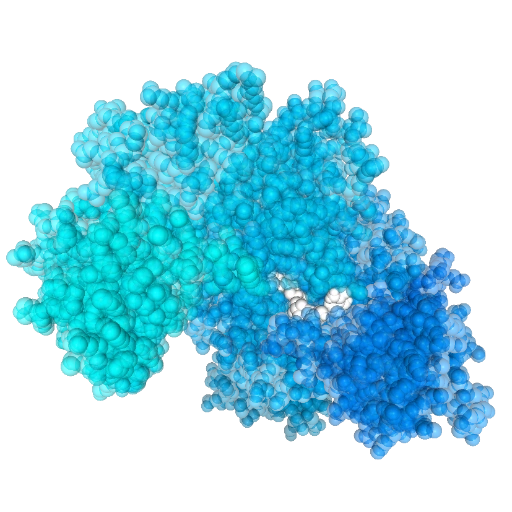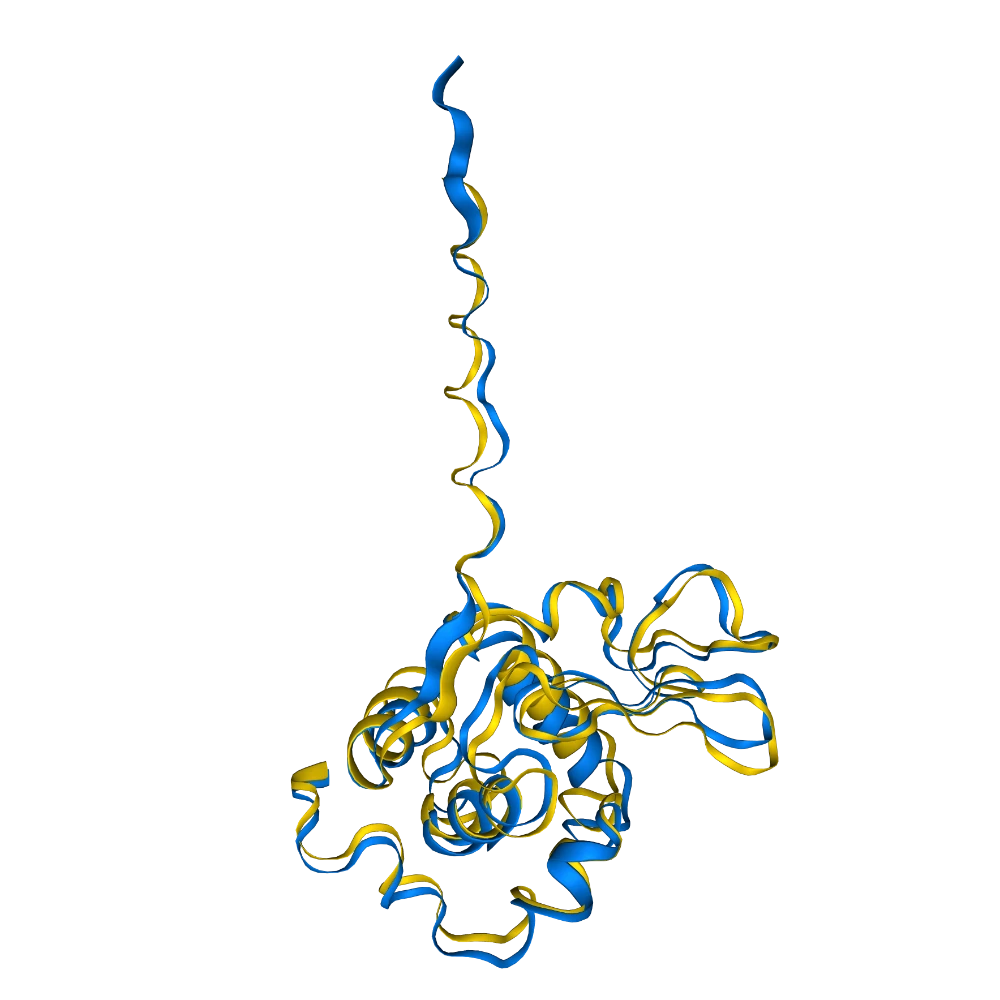Protein Design
Protein design involves creating proteins with specific functions by manipulating their amino acid sequences. This process allows scientists to develop a range of applications, such as anti-cancer drugs (e.g., antibodies), gene editing tools (e.g., Cas9), laundry detergents (e.g., amylases), and digestible milk (e.g., lactases). While protein engineering typically refers to small modifications of natural proteins, protein design encompasses more extensive alterations. De novo protein design specifically refers to creating sequences from scratch.
Copilot addresses these challenges by leveraging AI to offer advanced tools for protein design, enabling researchers to create new proteins with a single text prompt. The platform requires no installation or coding knowledge, making advanced protein design accessible and efficient.
MP3
Redesign A0A1L9RXX7 residues 40-60
MP3 is a transformer-based AI model for molecule programming, enabling the redesign, diversification, and de novo design of protein sequences. More information here
Diversify Q7L266 with temperature 2.0
MP4
MP4 is a general transformer-based text2protein AI model for molecule programming. It is capable of redesigning (fixed or variable length) based on a given input sequence or completely de novo design based on input text describing protein function. More information here
Import from MP4 repo ‘MAGCH’

ProteinMPNN
ProteinMPNN is a neural network model that predicts protein sequences (aka amino acids) based on desired structures. More information here
Inversefold P00698

ProtGPT2
Deprecated: ProtGPT2 has been deprecated
ProtGPT2 is a transformer-based language model designed for generating protein sequences. More information here
Create 3 proteins